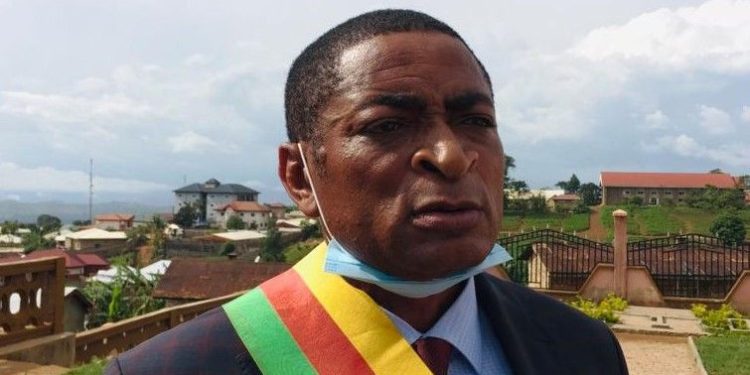Some 33 employees of the Bamenda City Council (BCC) have raised alarm over an unexpected decrease in salaries that sparked protests and formal complaints against what they describe as a unilateral decision by the city mayor.
The discontent among the workers stems from deductions in salaries experienced in October, November, and December 2023, despite a recent 5.2 percent increase.
Sources within the BCC indicate that these deductions were related to longevity in service, leaving some employees with a significant drop of nearly 60 percent in their basic pay.
The complaint lodged at the Office of the Public Independent Conciliator (PIC) of the North West was the subject of a crisis meeting between the staff of the City Council, the Council authorities and members of the Office of the PIC.
During the crisis meeting aimed at addressing the growing unrest, the City Mayor, Paul Achobong Tembang, reportedly cited a decree signed by the Head of State harmonizing salaries between Council workers and civil servants as the reason behind the adjustments. The decree is still highly awaited.
Adding fuel to the fire of discontent is the absence of the salary reduction decision in the minutes of the 3rd ordinary session of the BCC board for the 2024 financial year, held on 19 December 2023.
This has led to accusations of a lack of transparency and accountability on the part of the Council authorities.
An expert familiar with the situation sheds light on the history of salary scales within local Councils.
Before 2019, Councils like the BCC operated on varying scales, with some paying higher wages based on Council deliberations.
The lack of a harmonized scale for Council workers is now causing confusion and distress among employees.
The workers are calling for better communication and transparency from the Council authorities. They expressed frustration at the lack of dialogue and consultation regarding such significant changes to their livelihoods.



